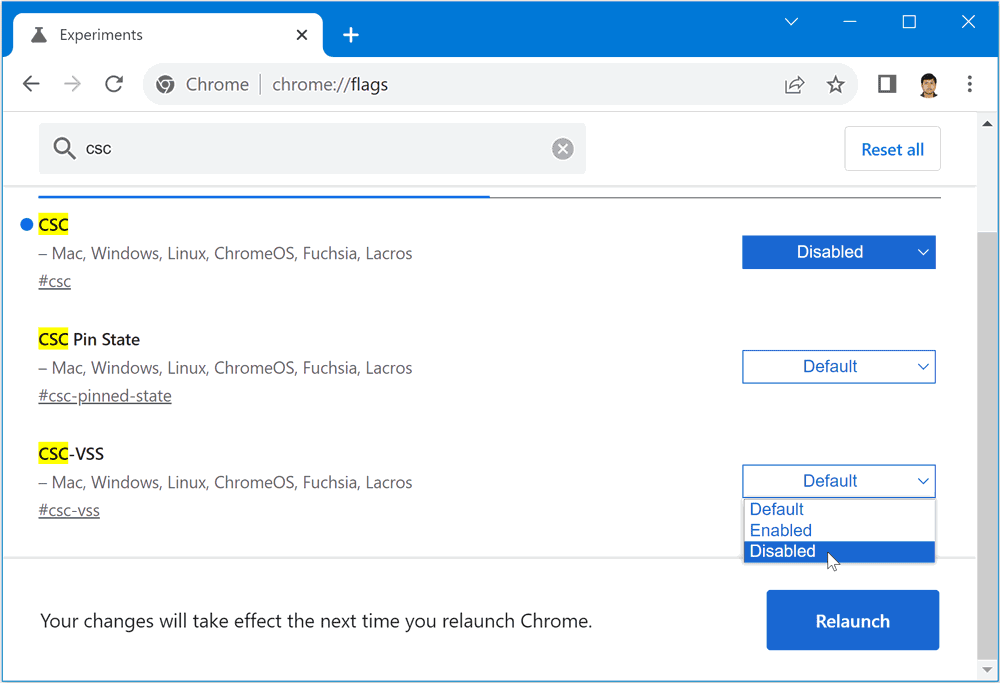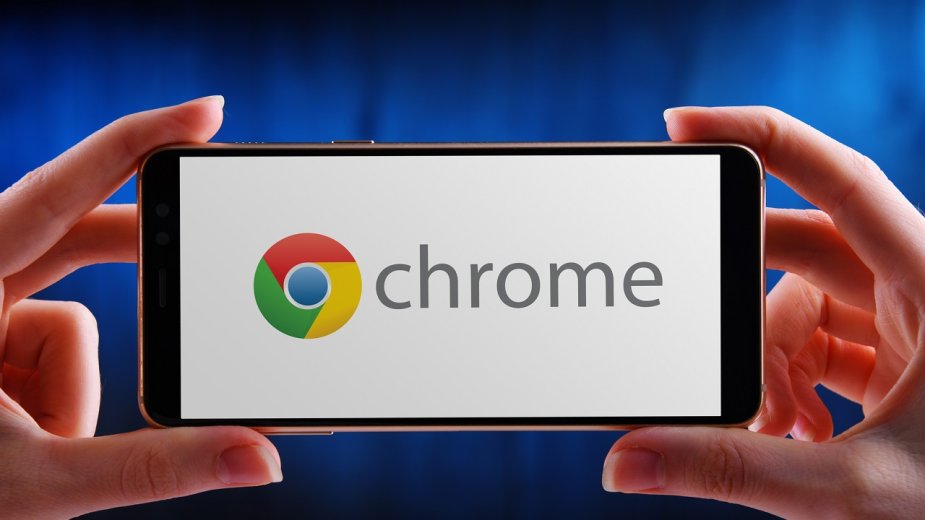
With over a decade of writing experience in the field of technology, Chris has written for a variety of publications including The New York Times, Reader's Digest, IDG's PCWorld, Digital Trends, and MakeUseOf. Chris has personally written over 2,000 articles that have been read more than one billion times-and that's just here at How-To Geek. But you can't freeze a discarded tab: It's already been removed from memory and isn't truly open, so it can't perform any actions in the background.Ĭhris Hoffman is the former Editor-in-Chief of How-To Geek.
#Chrome tab notes free#
If Chrome needs to free up some memory, it might discard a frozen tab. It will still keep them in memory-that way, when you reactivate a frozen tab by switching to it, the web page in the tab is ready to use as quickly as possible. This speeds things up.īut, even if you have a lot of memory, Chrome will soon look at freezing tabs you're not interacting with to save CPU time and battery power, potentially making Chrome and the other applications on your system more responsive. There's no need for Chrome to discard tabs while you have plenty of memory-Chrome is using that memory as a cache rather than leaving it empty. It'll silently reload them when you click the tab, but you'll notice the page loading for a split second. In other words, if your system's memory is becoming full, Chrome will discard tabs you're not using to free up space. Why Discarding and Freezing Are So Useful They're related features, but do different things in different situations.

That's why Chrome's engineers created Tab Discarding and, now, Tab Freezing. If you have a large number of tabs open-or even just a small number of tabs containing heavy web pages-they can use a lot of system resources, filling up your memory, taking up CPU cycles, making Chrome less responsive, and draining your battery. When you switch back to it, you don't need to wait for the web page to reload-it's instant.īut it can be bad. In some ways, this is good: Even if you switch tabs, a tab can continue playing audio or updating itself in the background. Any scripts and other active content on it continue running, too, which means the web page can use CPU resources in the background. Even while you're not using them, each tab you have open in Chrome contains an open web page.


If you only had a single tab open at all times, Chrome would only need to render one web page at once.


 0 kommentar(er)
0 kommentar(er)
